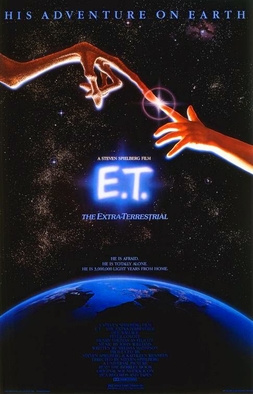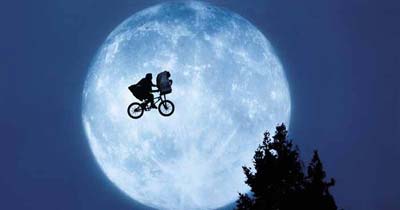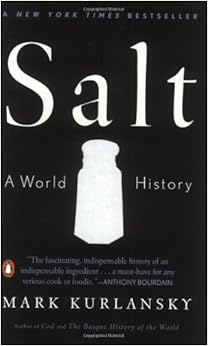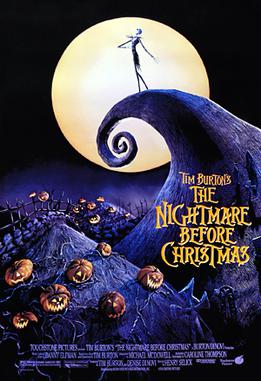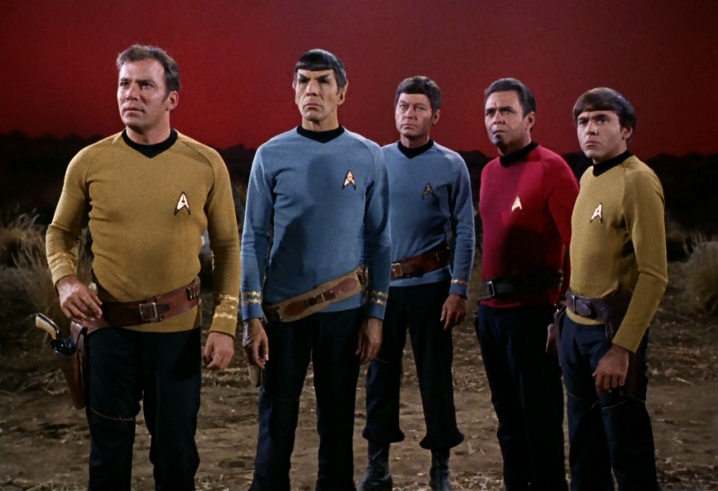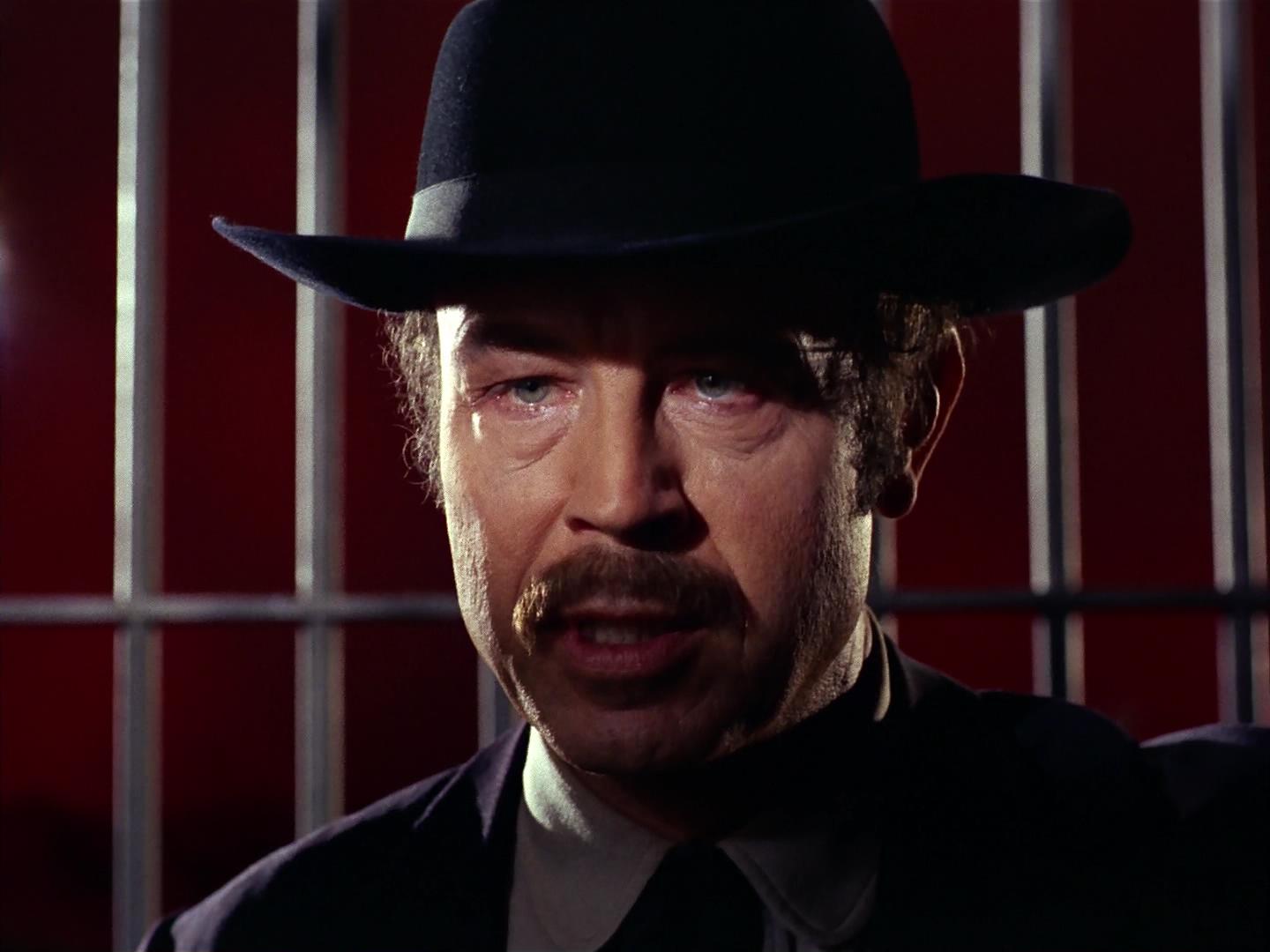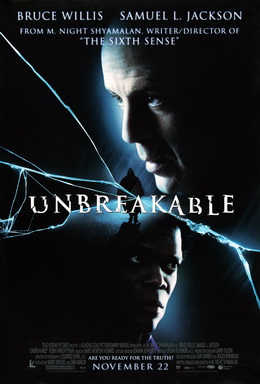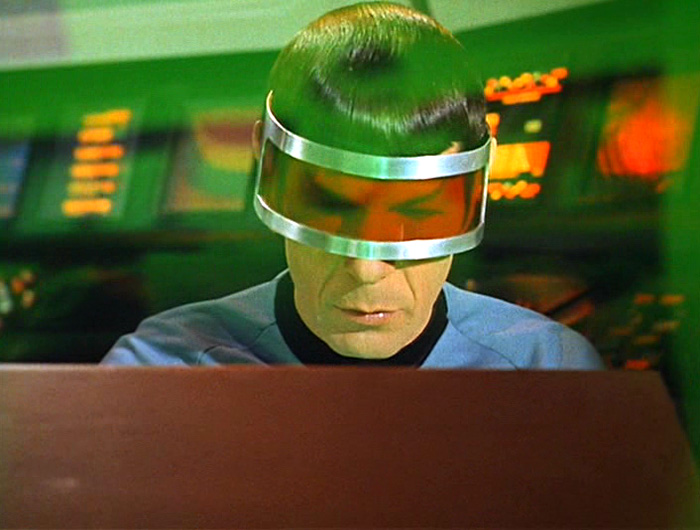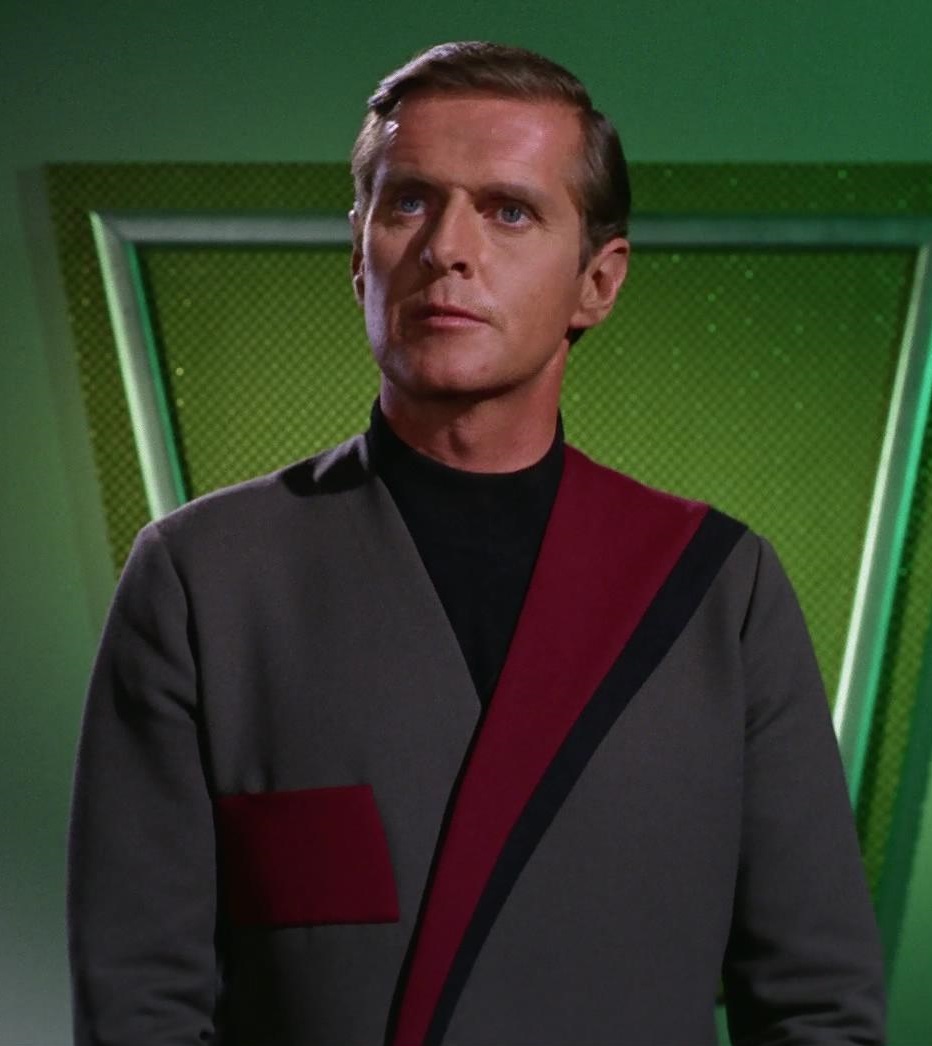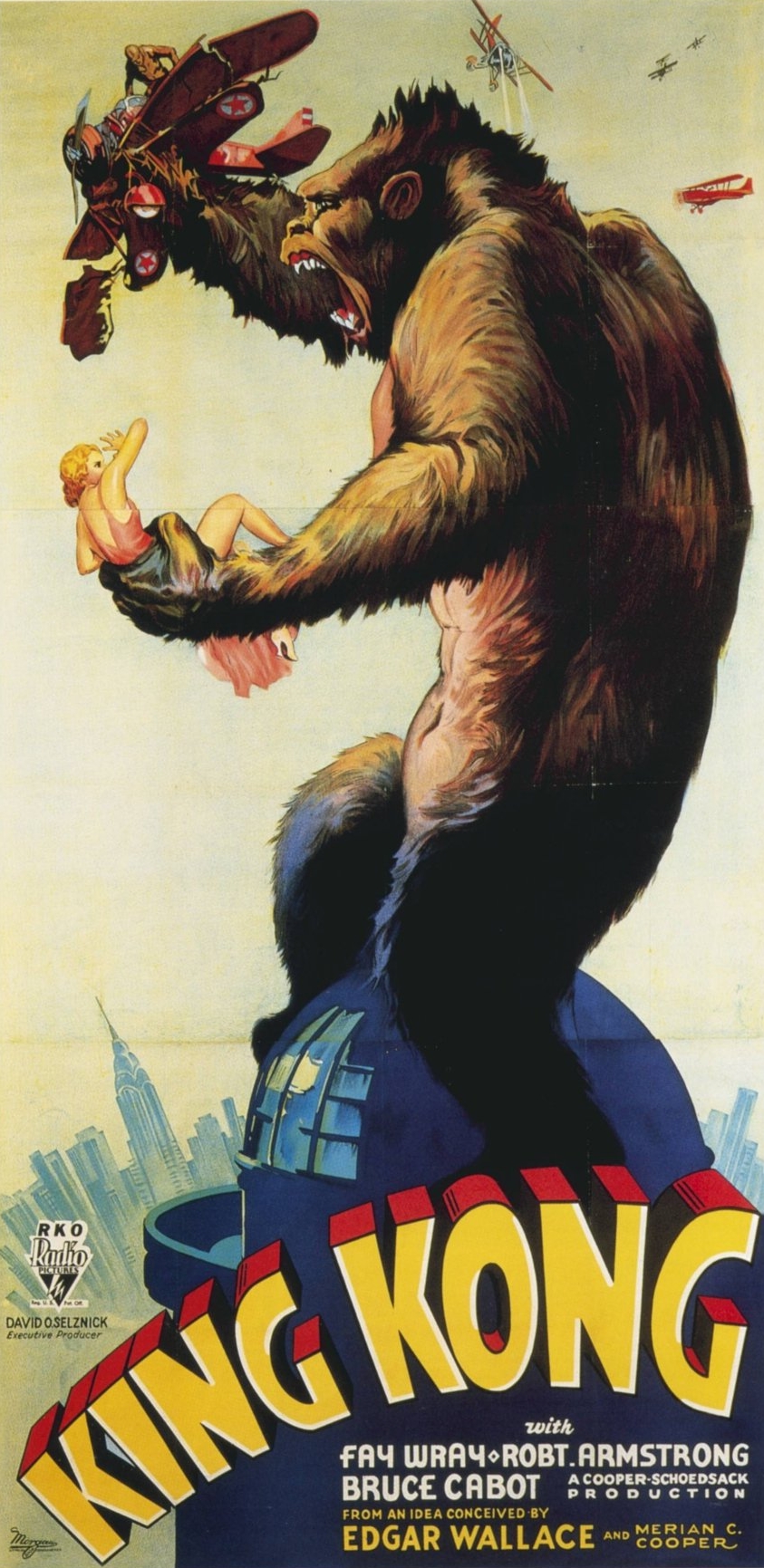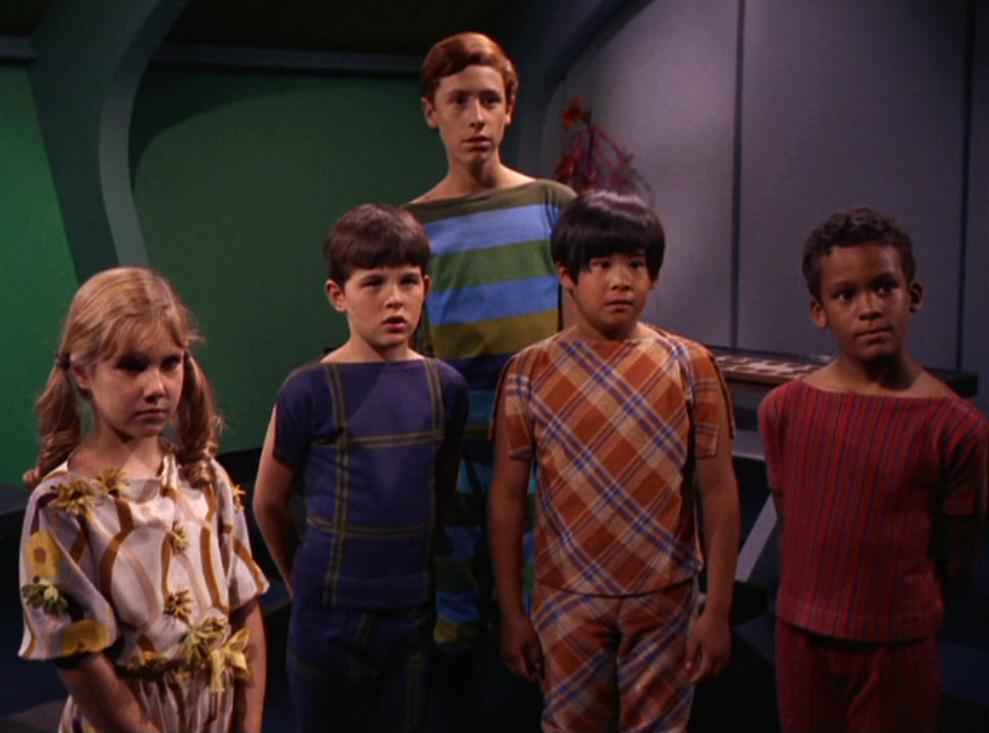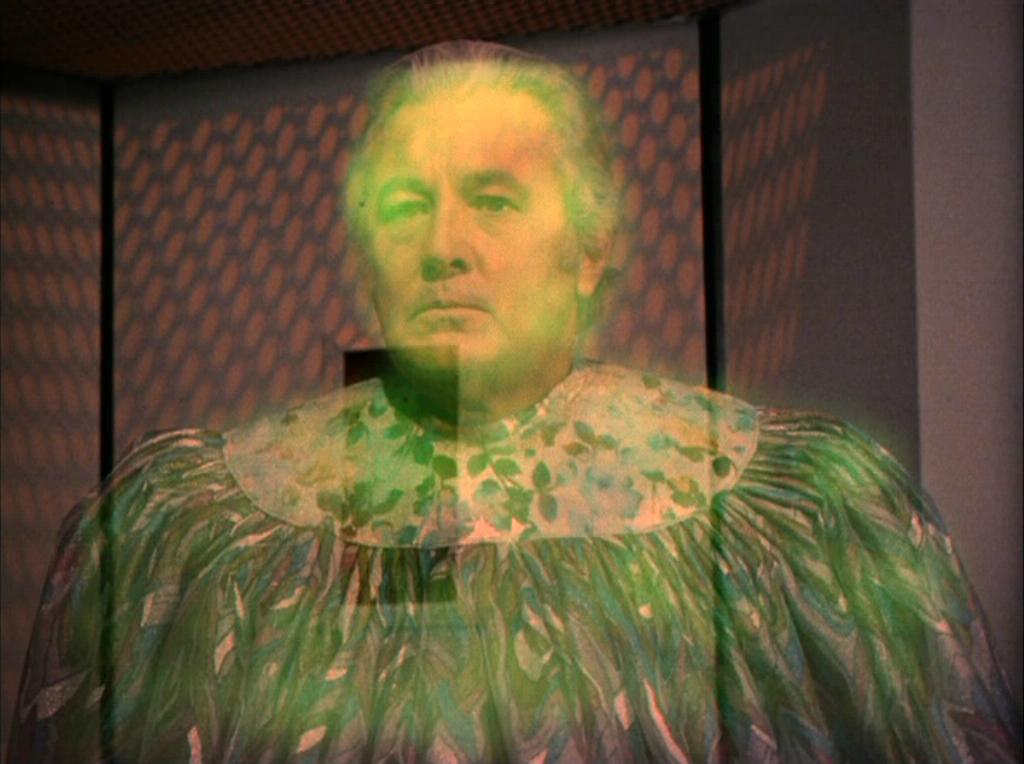Title: Embroideries
Writer and Artist: Marjane Satrapi
 |
| via Amazon |
Marjane Satrapi is best known for the groundbreaking Persepolis, a comic book and film about her experiences growing up in revolutionary Iran (my review here). Embroideries is also about Satrapi's own family, this time exploring the intimacies of the bedroom. The typical western image of the Iranian woman has her shrouded in a burka, completely disconnected from pleasures of the flesh. Satrapi chucks that idea out the window as she and the other ladies in her circle hold forth.
Personalities run the gamut from Marjane's blunt, fearless grandmother to her more naive cousins. Men, for the most part, don't come off well in the discussion - no surprise. They're thoughtless, clueless and/or manipulative. It's also clear they're not welcome to partake in the conversation. I feel lucky to be offered the fly-on-the-wall perspective.
The book's title could be taken to refer to the common threads that run through the women's stories. However, it is also a specific reference to an operation to restore the hymen, thus preserving the illusion of a new wife's virginity - apparently a growing issue in modern, though still theocratic Iran.
As a graphic novel, Embroideries is a quick, engaging read. The subject matter - handled frankly and humorously - is sure to keep the pages turning. Those interested in Satrapi's work might also enjoy Chicken with Plums (review here).
Please join us and share your own review of your best read from the past month. This month's link list is below. I'll keep it open until the end of the day. I'll post November's tomorrow. Meetings are the last Friday of each month. Next gathering is November 28th.


